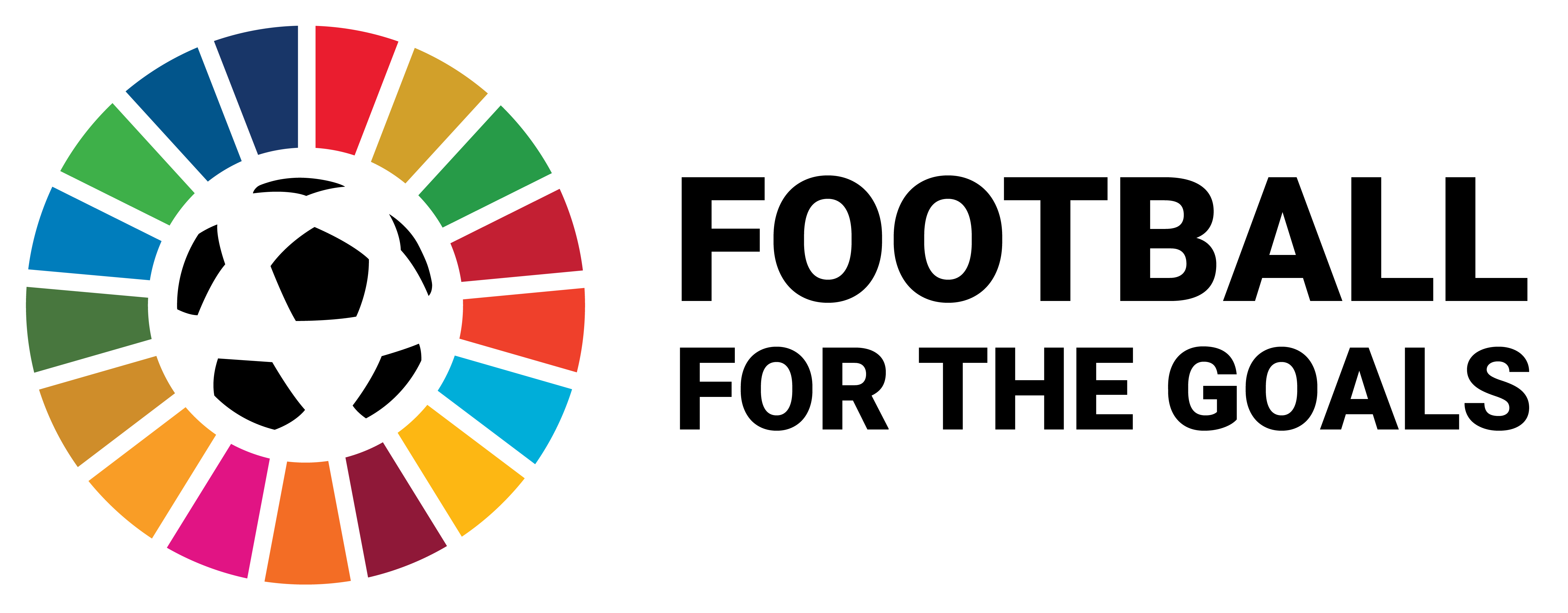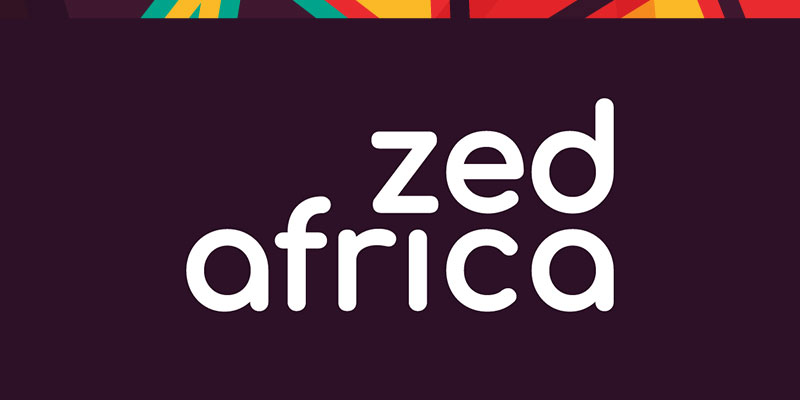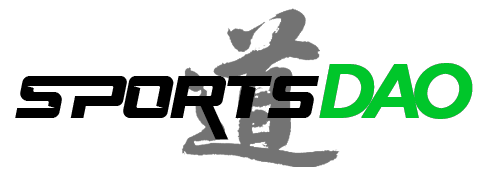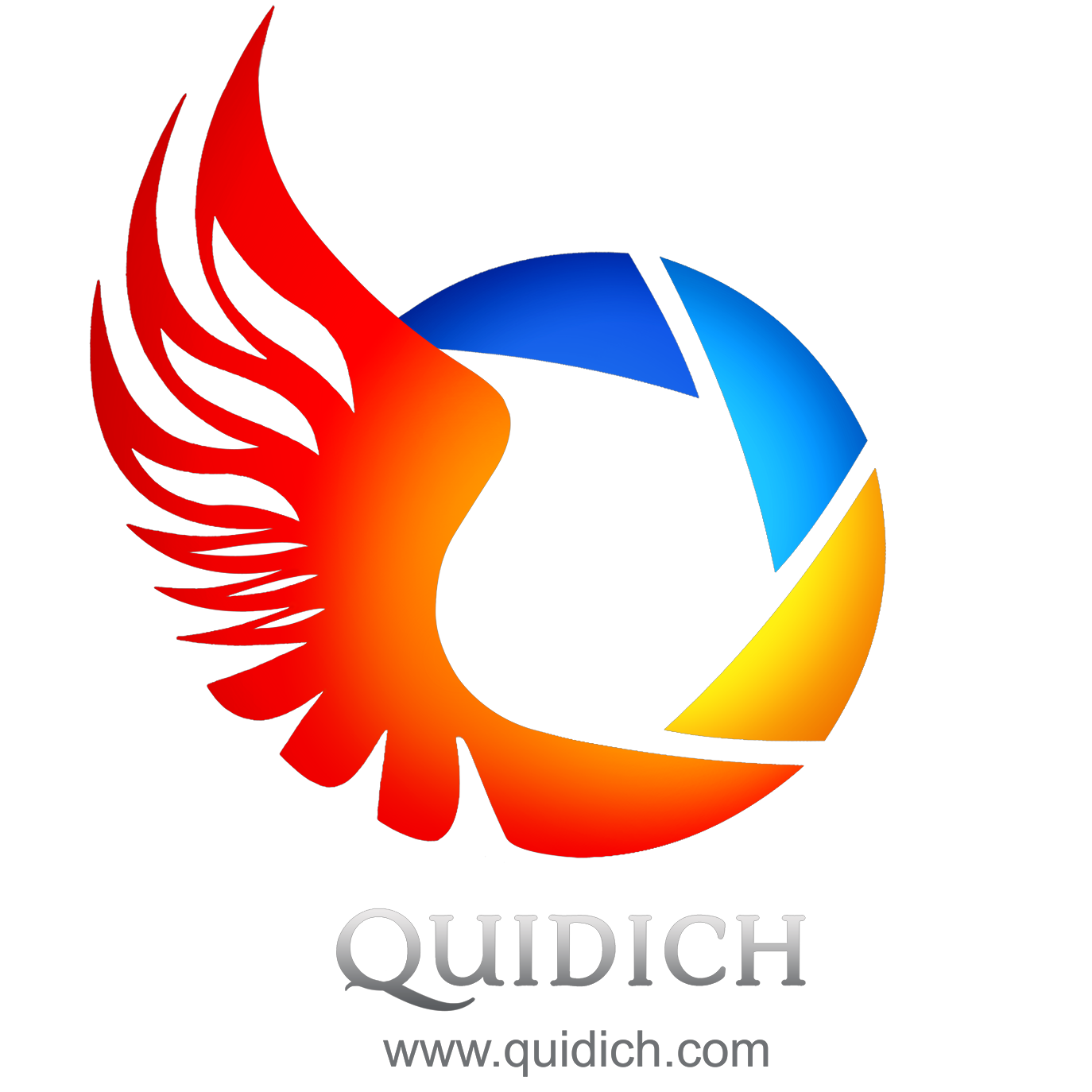
The FIFA World Cup 2022, held in Qatar, saw Africa take another step forward in claiming its rightful place in global football. It was a definitive moment indicating that the continent could compete with the top teams in the world. For the first time, an African team, Morocco, qualified for the semi-finals. Despite the success of African teams at the FIFA World Cup, the continent’s football industry remains severely underdeveloped. Only 2% of the players at the global showcase plied their trade in African leagues, with Tunisia having the most, 10.
How can Africa leverage its success at the FIFA World Cup 2022 to guarantee a better performance at the 2026 edition and, even more crucial, build its clubs and competitions to world standards?
Investment in grassroots education and infrastructure
For any industry to grow, quality education for its stakeholders and the proper infrastructure are necessary. The African football industry currently lags in qualified personnel, and the infrastructure gap is enormous. The world football governing body, FIFA, is investing massive resources in Africa and the rest of the world to make football truly global – giving every talent a chance.
However, education in the football space has traditionally focused on the sporting aspects, with federations conducting numerous coaching coaches. The need for qualified coaches cannot be understated. However, this should be coupled with organisational development efforts targeting grassroots football communities to ensure economic and social viability.
Senegal’s football academies provide a model that can be emulated across Africa to harness Africa’s raw talent. Academies like Generation Foot (GF), Diambars and Dakar-Sacré Cœur (DSC) have a dual approach to player development focusing on sport and education, acknowledging not all their students will become football superstars. All three academies also have teams participating in the Senegalese Ligue 1, despite primarily working to place players in the lucrative European market1. Senegal has just been crowned champions of CHAN, the continental showpiece that brings together locally-based players. Senegal’s star of the tournament, Lamine Camara, will move to FC Metz this month under the partnership with Generation Foot which he has been playing for back home.
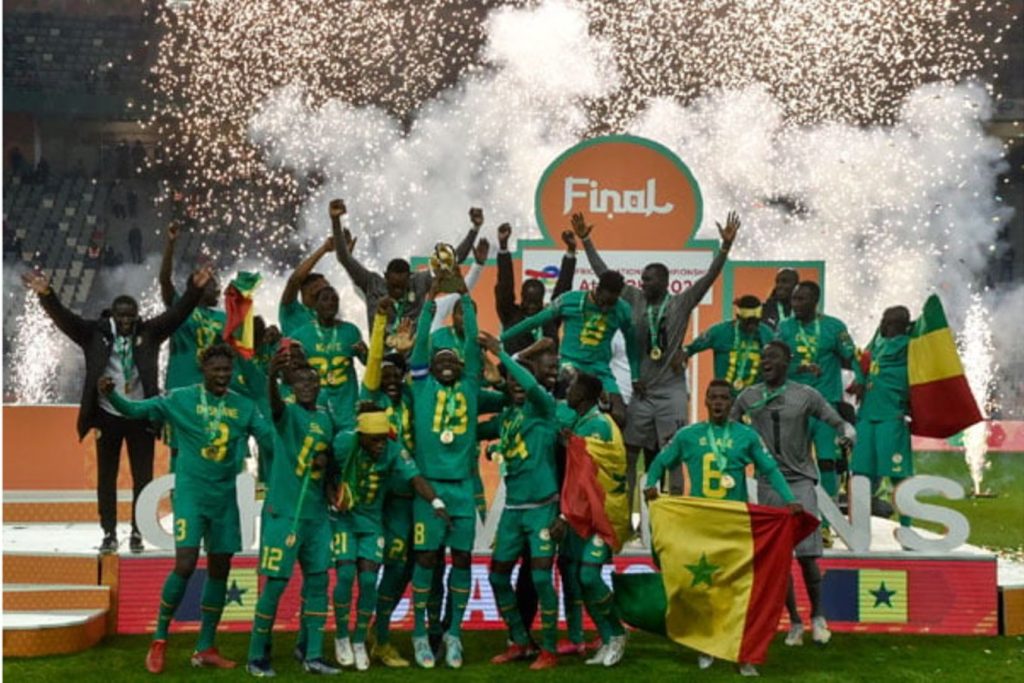
Sustainable Sports Facilities
Infrastructure is also critical for talent development. Morocco, again is showing the way. In addition to the state-of-the-art Mohamed VI Football Complex that serves as the national training centre, the country has established five regional centres. According to the Moroccan football federation, these investments reflect the high level of commitment by the King to sports and youth development and his desire to ensure that national football professionals have all the conditions for success.
Infrastructure development requires heavy investment, and it is crucial that Africa factors in sustainability measures in its efforts to bridge the infrastructure gap. When building sports facilities focus should be on maximising accessibility and enhancing the quality of participation while preserving the natural environment and green spaces and promoting economic growth. Fit-for-purpose facilities in underserved communities are the best approach, borrowing from the Giants of Africa’s “Built Within” initiative.
Support from top country leadership
We need commitment from the top for changes to happen at the bottom. As with Africa’s most successful footballing nation, Morocco, the declaration and commitment to transform the sports ecosystem must come from the top.
“Africa’s future hinges on “empowering our youths, opening up prospects for them to showcase their skills and talents and our ability to integrate young Africans,” King Mohammed VI.
Action and alignment from the top leadership to the grassroots are necessary for investment in sports. For this to happen, national and supranational institutions must recognise sports as one of the main ways to integrate young people into the social and economic fabric, something Africa urgently requires. It is not only about talent development but the overall development of youths through sports. Africa needs to develop its human capital for critical industries to compete globally. Sports are also a means to shield young people against all forms of delinquency, extremism and the risks associated with illegal migration prevalent in football. Africa must harness the potential of its youthful demographic.
African Football Diplomacy
Morroco’s success at the World Cup highlighted interesting dynamics in Afro-Arab relations and African unity. It displayed strife between North and Sub-Saharan Africa, defeating the narrative that football is a unifier. Despite Africa celebrating Morocco’s run in the tournament, there was debate about whether the success belonged to the Arab world or Africa. Morocco only rejoined the Africa Union in 2017 after a 33-year absence.
At a time when Africa is working towards integration, it was an opportunity for African governments led by the AU to come out in support of the Moroccans and other African representatives at the World Cup. Indeed, the AU sent a congratulatory message to Morocco following their victory against Spain. Still, there have been no strategic efforts to communicate a united Africa leveraging the power of football, which we need to work on with the 2026 World Cup in mind.
The Football Foundation for Africa ran an #AfricaUnited digital campaign during the FIFA World Cup with modest success, indicating that we can do more with better planning and deploying the right resources.
Grassroots Sports Diplomacy
Grassroots sports diplomacy can be defined as a qualitative, cost-efficient and impactful aiming at:
- Increasing or creating lasting dialogue and cultural understanding
- Facilitating the transfer of knowledge between the grassroots sport sector and relevant actors, including other grassroots sports organisations, States, NGOs, Civil Society or even individuals, and
- Contributing to society and individual development in the health, educational, sport and social fields.
Grassroots sports diplomacy can be precious for Africa. It is the platform through which countries can share ideas and knowledge to create a more robust sports ecosystem. Football, the continent’s number one sport, is ideal for such initiatives. Countries like Morocco and Senegal should be able to share their experience and strategies in bilateral or multilateral arrangements to promote cooperation and competition, “coopetition”.
So as we celebrate Morocco’s and Africa’s performance at the FIFA World Cup 2022, it is vital to lay down proper strategies to leverage this success to build a more robust football ecosystem worthy of the continent’s talent. The ongoing CHAN has garnered very little attention as focus quickly returned to European football, a reminder that we still need to work on our product. Defending champions, Morocco, are not in Algeria due to longstanding diplomatic issues, another reminder that we are yet to realise the potential football diplomacy. With the notable on-pitch improvement, we can be optimistic about future gains, but we must start strategising now. 2026 is just four years away!
———————————–
- https://time.news/in-senegal-football-academies-delight-european-clubs/
 Back to Blog
Back to Blog 